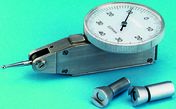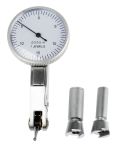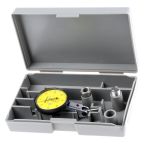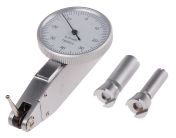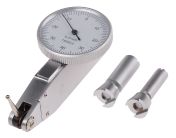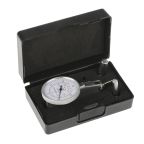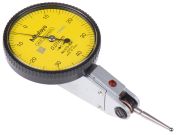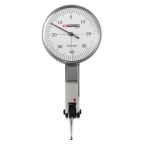DTI Gauges
DTI gauges are professional instruments used for both alignment and measuring purposes. Our range of dial test indicators are available with different dial diameters in either analog or digital specifications and a choice of imperial (inch) or metric (mm) measurements. Each DTI gauge has been chosen for accuracy, reliability, and durability perfect for metrology and machining industries.
Why Choose RS for Dial Test Indicators?
We support engineers with high-quality products and technical support. Our comprehensive range of gauges and dial test indicators have been sourced from leading brands such as Mitutoyo, and RS PRO.
RS also offer an excellent in-house calibration service if required. For more information about our calibration services see here.
Why would you need a DTI gauge?
DTI gauge indicators are essential tools that ensure your parts and materials are within tolerance and machines like lathes tailstocks can be aligned properly to ensure accuracy. Our range of dial test indicators are made with strong frames, providing excellent rigidity and durability with clear and concise dial faces for excellent readability.
Working principle of a DTI gauge
When slight upward pressure is applied to the spindle, probe or plunger a system of internal gears and levers display the amount of plunger movement on the dial face.
DTI stands for Distance Amplifying Instrument. They are also known as:
- Dial Test Indicators
- Lever Dial Indicators
- Dial Gauge
Important information for maintaining your DTI
To ensure your DTI gauges well maintained only clean with alcohol or methylated spirit. Oil or grease is strictly prohibited.
Applications
Dial test indicators are used by mechanical engineers in a wide range of industrial applications. They can be fixed to a fine adjustment frame with a magnetic base and a height-adjustable arm. This ensures the precision instrument is clamped securely to the workbench. Some of the most common applications are:
- Mechanical workshops
- Precision Engineering
- Machine Calibration

